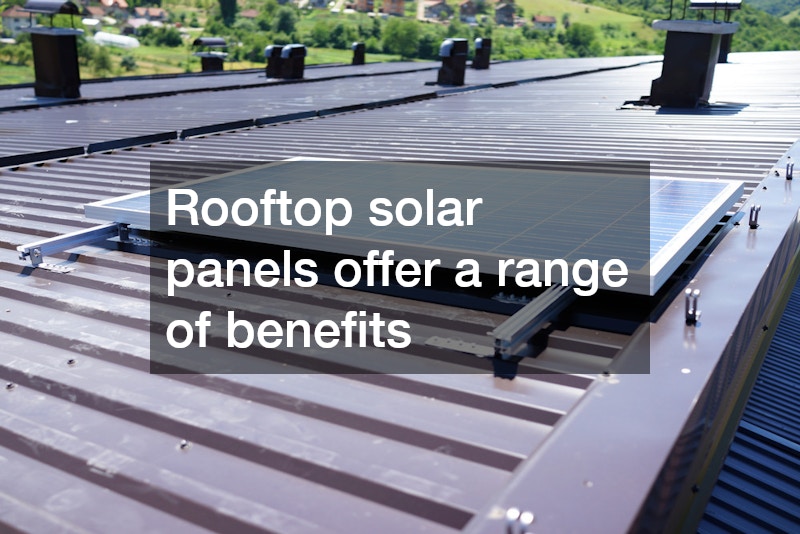This article explores the financial and environmental benefits of installing rooftop solar panels. Discover how investing in solar energy can save you money and contribute to a sustainable future. A home solar panel system not only lowers utility bills but also reduces your household’s reliance on fossil fuels, making it a smart choice for long-term savings and environmental responsibility.
How Much Can You Save with Rooftop Solar Panels?
The initial investment in rooftop solar panels can seem daunting, but the potential savings make them an economically viable option for many households. Many homeowners are surprised to find that, within a few years, the reduction in electricity bills can often offset the upfront cost of installation.
With increasing energy prices, solar panels become not just an environmentally conscious choice but a savvy financial decision as well, amplified by government incentives and tax rebates that offset installation costs.
Location plays a crucial role in determining how much you can save with solar panels, as regions with more sunlight naturally provide higher energy yields. Solar panels convert sunlight directly into electricity, meaning that homes in sunnier climates could achieve quicker payback periods on their solar investments. Moreover, the technological advancements in solar panel efficiency are continuously improving the energy output in less sunny regions, broadening the scope for savings.
Apart from savings on electricity bills, installing solar panels can protect you from rising energy costs. As utility rates increase, your fixed-energy-cost solution will result in greater financial savings over time. For example, solar panels can significantly reduce, if not eliminate, your dependence on traditional utility companies, providing greater financial predictability and security.
What is the Environmental Impact of Solar Panels?
By generating clean and renewable energy, solar panels play a vital role in reducing carbon emissions, combating climate change, and addressing air pollution. When compared to fossil fuels, solar power’s carbon footprint is substantially smaller, helping mitigate global warming and promote cleaner air. One of the most significant advantages is that solar panels produce zero emissions during operation, contributing to cleaner air quality and healthier communities.
The conservation of natural resources is another important environmental impact of solar panels. By harnessing the sun’s energy, solar panels reduce the need to extract and burn finite fossil fuels, preserving the planet’s natural resources for future generations. The production of solar panels has become more environmentally friendly over time, with manufacturers focusing on sustainable and recyclable materials.
In addition to reducing reliance on fossil fuels, solar panels also encourage greater energy independence. By becoming less dependent on external energy sources, communities can improve energy security and sustainability. The rise in distributed energy systems like rooftop solar panels signifies a positive shift towards greener communities powered by locally produced renewable energy.
Are Solar Panels Worth the Investment?
The financial return on investment for solar panels extends beyond immediate savings on electricity bills. Many homeowners discover that solar panels can significantly boost their property’s value, as prospective buyers may view homes with solar installations as more attractive due to reduced future energy costs. Studies have shown that homes with solar panels tend to sell faster and at higher prices than those without.
Energy independence is a key long-term benefit of installing solar panels, as they protect users from fluctuating energy prices and provide greater control over energy consumption. With solar power, you can generate your electricity, reducing reliance on external suppliers and positioning yourself better for potential future disruptions in energy supply. Additionally, advancements in energy storage technology, like batteries, increase the appeal of going solar by allowing surplus energy to be stored for use when sunlight is not available.
Beyond the financial and independence factors, the personal satisfaction of contributing to a more sustainable world represents a long-term benefit for many solar panel owners. Knowing that your investment in solar energy is reducing the home’s carbon footprint and aiding the transition to renewable energy sources often comes with a sense of pride and accomplishment. As the world continues to recognize the importance of sustainability, transitioning to solar energy becomes not only an investment in your home but also an investment in the future of our planet.
Rooftop solar panels offer a range of benefits, from significant energy savings to environmentally responsible energy production. By analyzing costs, environmental impact, and long-term benefits, you can make an informed decision about transitioning to solar energy.
.




